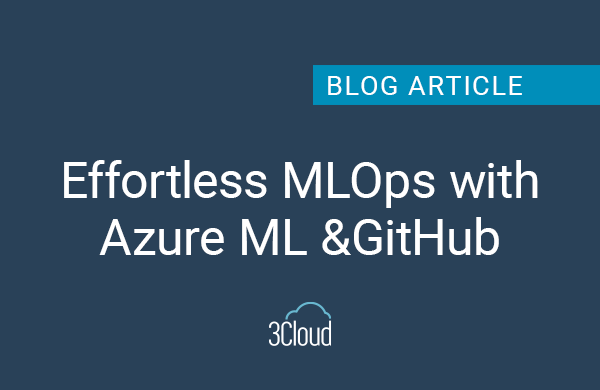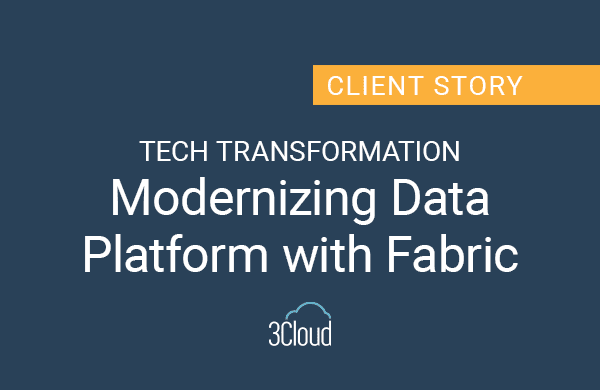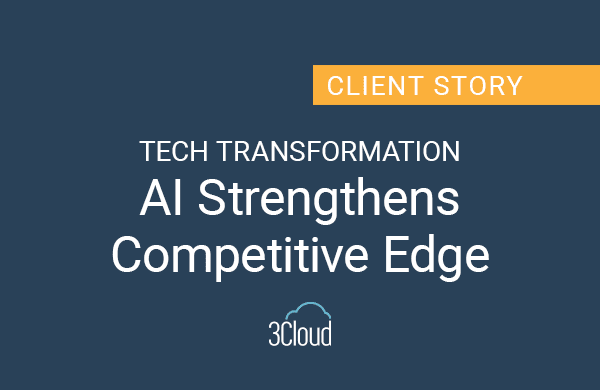My recent posts have covered the world of databases according to Azure. My focus in this post is Azure Database for MySQL in its purpose, platform and pennies (or cost). This is an open source database platform that is intended for your MySQL workloads.
Purpose:
If you’re looking to migrate it’s an obvious migration target for your MySQL workloads and it gives you an opportunity to look at some of the open source technologies being used. For instance, if you are looking to create a WordPress site, you know that WordPress sites are fully supported by Azure websites as well as the related web services around that. Many people who are working WordPress sites used MySQL databases.
This gives you the opportunity to bring that workload on Azure and the Azure Database for MySQL without a VM or any other such system to host your database in this scenario. Drupal is also covered by that along with other data solutions that rely on MySQL as their backend.
Platform:
This is a fully managed Platform as a Service and it runs on Microsoft’s relational database platform. The same thing that powers Azure SQL Database powers Azure Database for MySQL. It is run on a Linux platform as well so if you love Linux you don’t have to move away from that.
It has built in high availability and handles all your backups just like every first-class citizen in the Microsoft relational database platform. Because it’s open source and in the Microsoft world, you’ll have the Azure IP Advantage which protects you in patent lawsuit cases or other things related to the open source technologies. This is a relatively common occurrence in the open source world, so Microsoft is giving you some guarantees in their platform to protect you and your customers when you use Azure Database for MySQL.
Pennies:
How are you charged for it? Azure Database for MySQL is charged in a vCore pricing pattern and runs in three basic pricing tiers – Basic, General and Memory Optimized. So, depending on your workload, you can find the fit for what you’re trying to do.
Basic is great for trying it out and keeping your cost low but I would never recommend running a production style workload on Basic. In this case you should start with General. One thing to keep in mind is if you use read replicas or you need additional backup storage or want to do advanced threat protection on your database, those will cost you a bit extra. Be sure to account for those types of things when looking at your MySQL options.
Need further help? Our expert team and solution offerings can help your business with any Azure product or service, including Managed Services offerings. Contact us at 888-8AZURE or [email protected].




